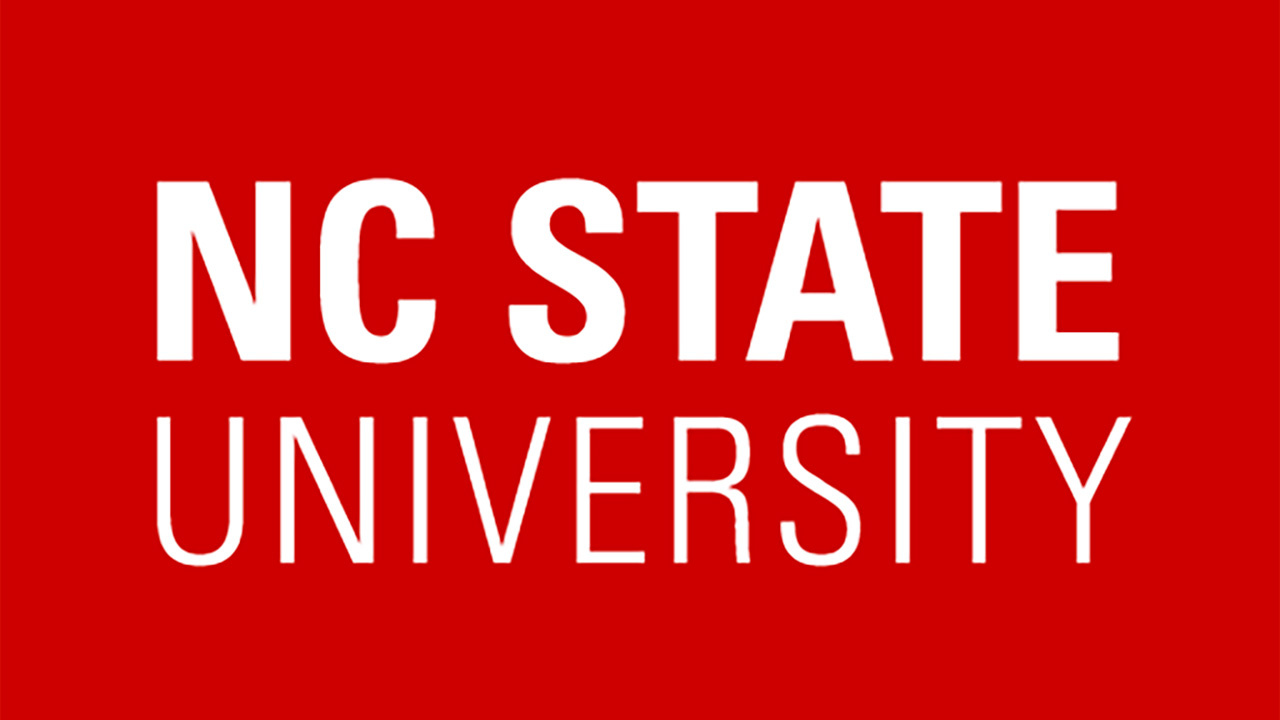research build
Research
- Developing high-yield and resilient anaerobic co-digestion of alternative wastes, F. L. de los Reyes III (PI), Environmental Research and Education Foundation, October 2018- December 2020.
The overall objective of this project is to develop optimal operation of anaerobic digestion of food waste, particularly to increase methane yields, and process resilience and resistance to varying waste types and loads. This will lead to operational procedures that can be used in full-scale implementation of AD of food wastes by municipal utilities and industry.
- ERC Planning Grant: Sanitation and Water Infrastructure of the Future for Marginalized Communities, F. L. de los Reyes III (PI), NSF, (09/01/2019- 08/31/2020)
The vision for SWIFt-MC is to develop and use advanced engineering analysis, technologies, models, and solutions to re-engineer water and sanitation/wastewater systems in underserved areas—both those lacking sufficient infrastructure and those lacking the resources to maintain existing infrastructure. This proposed planning grant will enable us to: (1) develop the SWIFt team though collaborative design workshops, meetings, and discussions, and build on the convergent research “DNA” of the team, and (2) finalize the concepts (research as well as inclusion, workforce development, education), strategies, team composition, advisory boards, testbeds, and partner communities, in preparation for preliminary proposal writing.
- Intensification of Anaerobic Digestion: Co-Digestion of Grease Interceptor Waste (GIW) with Thermally Hydrolyzed (TH) and non-TH Biosolids, F. L. de los Reyes III (PI), Urban Water Consortium, (03/01/2020- 12/31/2021)
The intensification of anaerobic digestion (AD) of biosolids is a major goal and important factor in making anaerobic digestion economically feasible. This project explores two key ideas in significantly intensifying biomethane production in anaerobic digesters at water resource recovery facilities: using thermally hydrolyzed (TH) biosolids, and co-digestion with grease interceptor waste (GIW). Both are approaches that allow increased organic loading rates per unit volume of reactor, and separately have been the focus of research in the last few decades. This project is among the first to study how TH processes and GIW codigestion can be combined to further increase the intensification of methane production.
